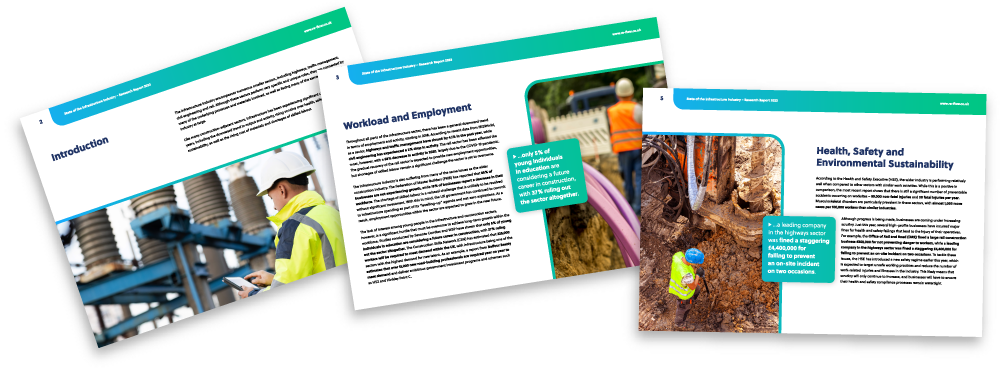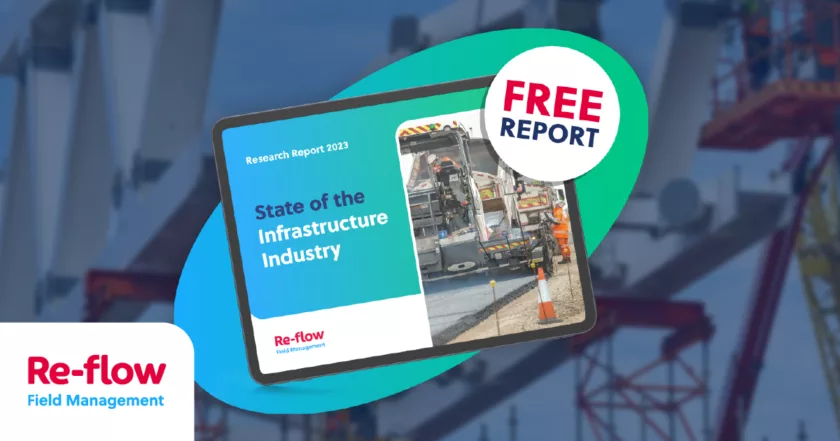
News
State of the Infrastructure Industry Report 2023
It’s no secret that the infrastructure industry in the UK has been facing challenge after challenge in recent years. Although the industry is formed by many smaller sectors, including highways, traffic management, rail, civil engineering and more, they’re united by similar underlying processes, materials and issues. From the COVID-19 pandemic to the war in Ukraine and the looming recession, wide-reaching global events continue to put a chokehold on the sector.
Entering 2023, many issues continue to persist. This includes demand, supply chain and energy issues driving up material costs, as well as the many factors increasing wages across the sector while the pool of skilled tradesmen continues to shrink. In addition, we also look at the current state of health & safety and environmental sustainability within the sector, with businesses increasingly likely to come under greater scrutiny as government bodies double down on their safety and net-zero goals in the coming years.

Drawing on data from trusted industry and government bodies, including the Federation of Master Builders (FMB), the Health and Safety Executive (HSE), the Office for National Statistics (ONS) and Balfour Beatty, we examine the impact of recent global events on the sector, the looming threat of a potential recession, as well as the likelihood for these issues to persist in coming years according to industry professionals. With valuable insights into the key issues facing the infrastructure industry in the UK, our report is a must-read for anyone hoping to future-proof their business and ensure sustainable growth in the challenging current climate.




